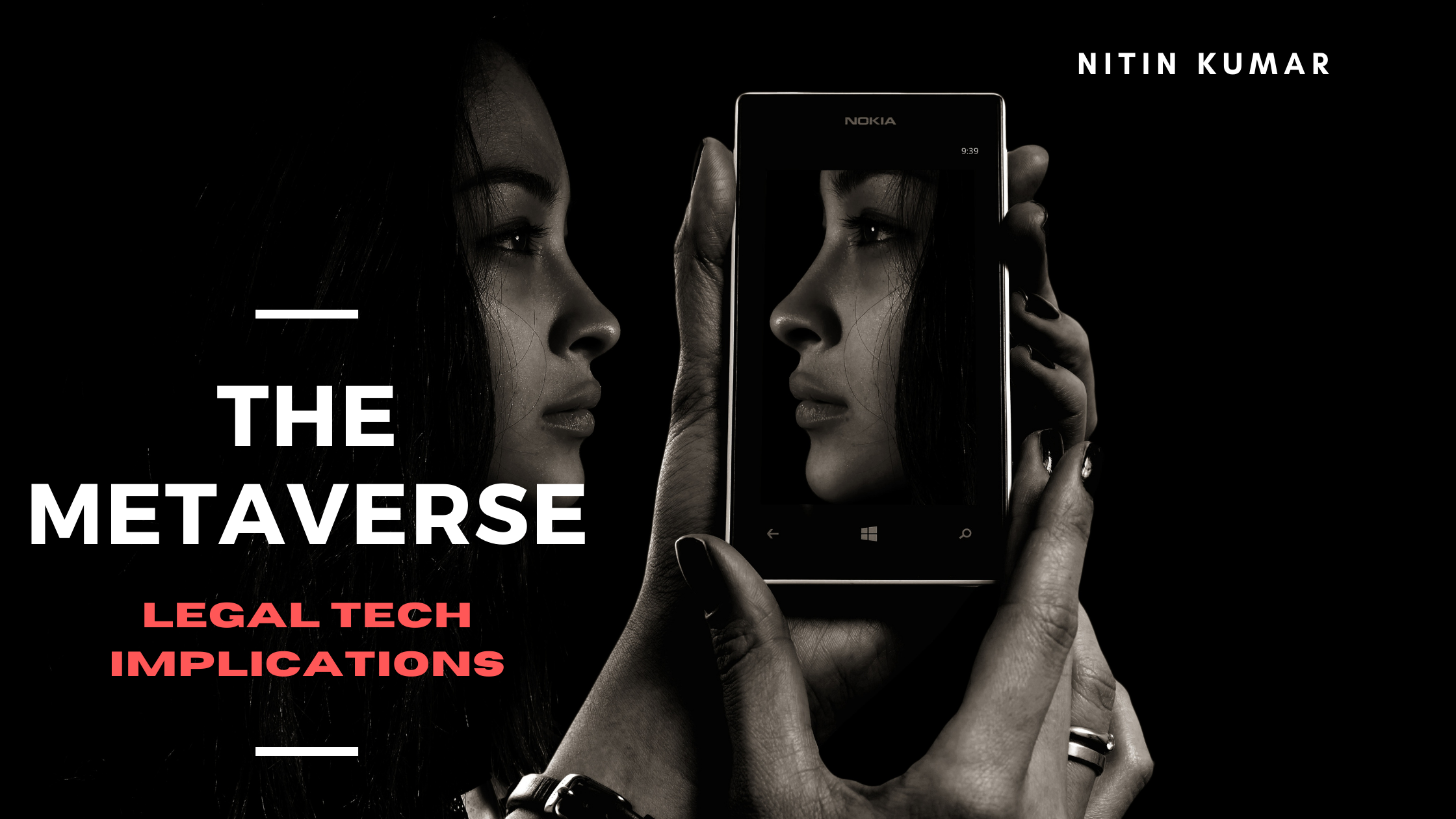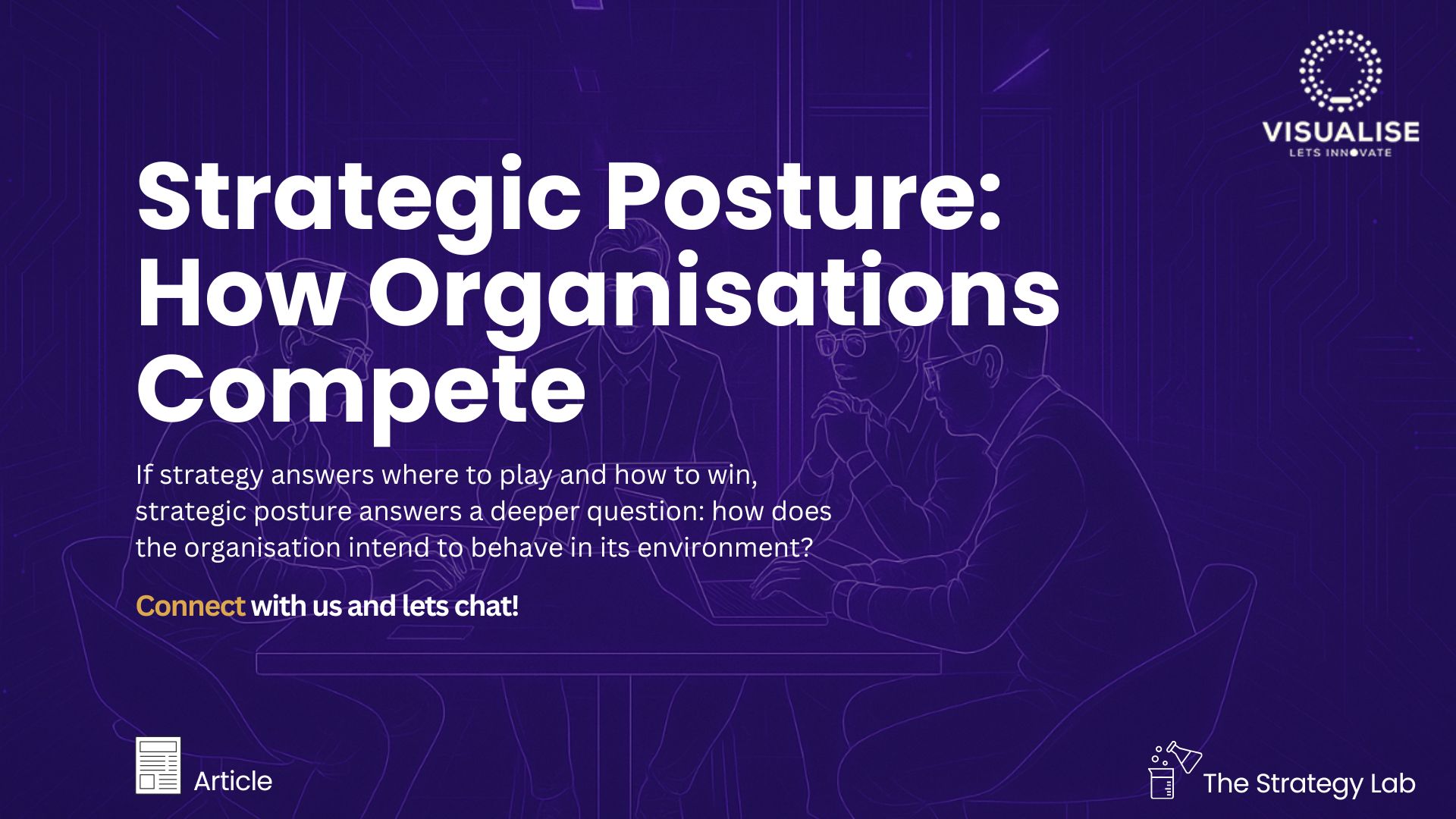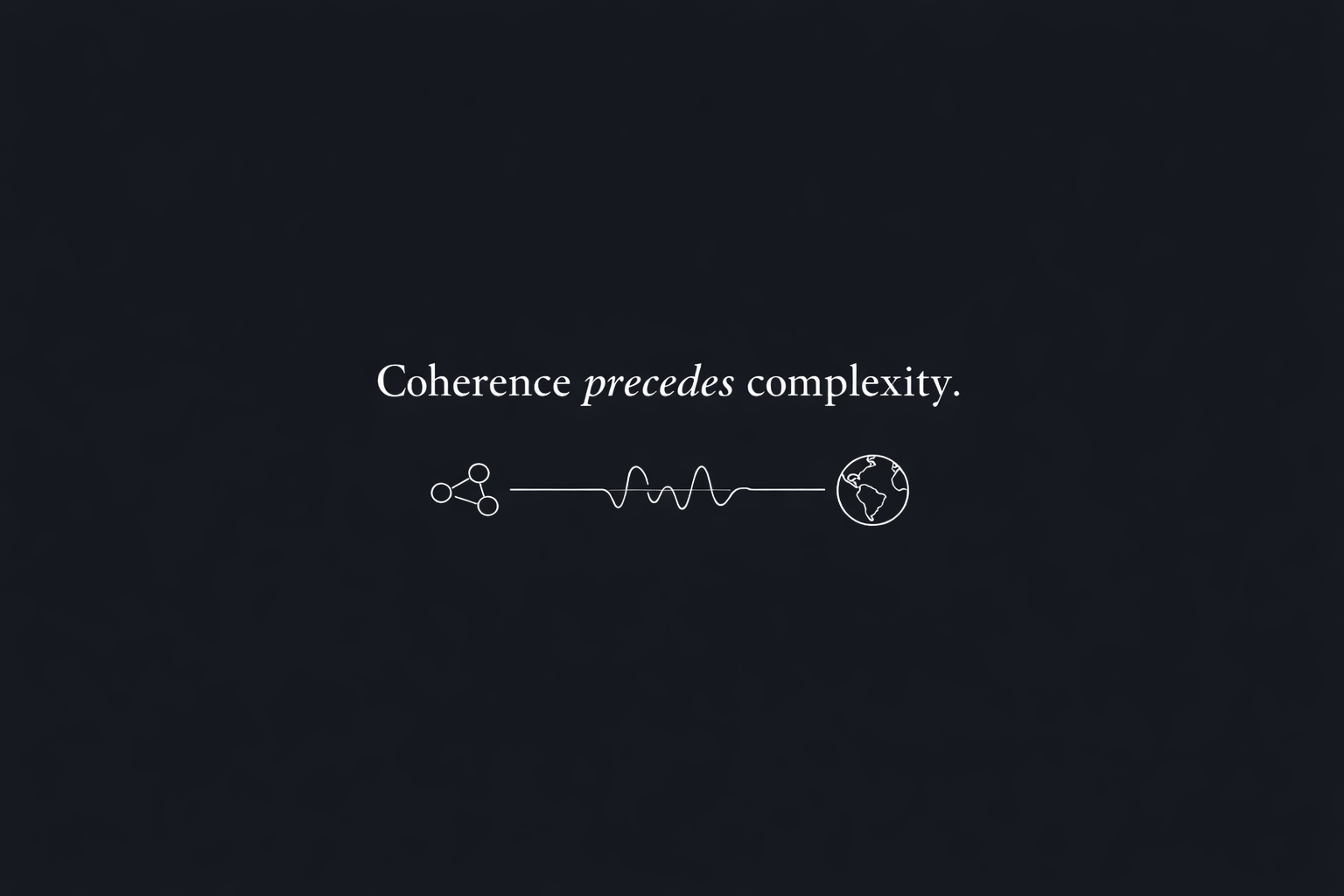Jan25

Ever since Facebook announced its rebranding as Meta and the pivot into being a Metaverse company, it has created a lot of buzz and hype. The announcement also woke up several Metaverse initiatives, projects, and companies off the radar. The Metaverse is considered an amalgamation of digital realms where people can interact, socialize, communicate, collaborate, and even conduct commerce. This concept itself is not new and prior Metaverse incarnations like Second Life have been around for a decade or more.
Given VR (Virtual Reality) has proved multiple standalone experiences that gathered momentum over the past few years, these experiences would now be woven together to produce a more coherent Metaverse, where digital and physical objects and beings will interact seamlessly.
The Metaverse is gearing up to become the fourth-generation compute platform i.e., the first generation of applications ran on the PC, second generation on the world wide web, and the third generation on mobile phones. Spatial computing, as it is called, is growing in its promise and it is a matter of time until it will deliver value at scale for the practice of law.
The three-pronged adoption curve with quick-hit use cases driven by consumers, corporates, and other organizations creates opportunities for law firms and legal service providers. Now, the low-hanging use cases for everyone is considered marketing, however, a lot more opportunities are on the anvil. Let us examine some specific legal use cases, nuances, and barriers to adoption in this article.
Many high-profile, international cases could hold public trials in the Metaverse and even in the jurisdiction of where the crime occurred. Jurors and witnesses with VR headsets could be participating in the trials, and meetings with clients could be more engaging and immersive. Courts could be replaced with digital spaces eliminating the constraints of physical space, processing multiple cases in parallel with people’s ability to go in and out of spaces at will.
VR enabled Metaverse imparts the immersive ability for legal professionals to move past whiteboards and sticky notes, and experience direct immersion into an accident, crime scene, or recreated scenarios that mirror real life. During deposition, legal professionals, experts, witnesses, jurors, etc. could be in the same room as the testimony wearing VR headsets.
Metaverse training can enable witnesses, jurors, lawyers, and even judges to walk a crime scene to understand context, intricacies, possibilities, and train themselves quickly on complex cases. Through the utilization of a metaverse, a shared digital experience, individuals could ‘live’ the experiences discussed in a court proceeding instead of just hearing about them. This could lead to a potentially deeper understanding of a case and change how our legal system operates.
Through the use of a metaverse, the legal education system could open their classrooms up globally and students would not be restricted by geographic constraints. The curriculum could also be adapted to be highly immersive, with students experiencing cases unfold firsthand, rather than just reading about them in a textbook. Also, students could experience VR simulations of trials, court cases, and courtrooms, enabling them to gain valuable hands-on experience that may otherwise be difficult to obtain.
Although critical rules and laws regarding evidence need to evolve so modern technologies can be accommodated, the possibilities are real. Judges and juries can go through details of the evidence directly experienced during a crime scene, creating better empathy and fairness in the system. Depositions can become more effective where scheduling, location, and time zones become a critical path. Metaverse-enabled ecosystems will reduce costs related to space, interviews, depositions, discovery, etc. making the economics easier for clients and attorneys.
The Metaverse can also produce unpleasant environments instead of soothing experiences. Many of these environments can be designed for sentences or punishments as an outcome of the trial. These virtual environments can provide milder sentences or corrective measures for juvenile delinquents or others.
A metaverse can be effectively leveraged without being in one location, as it is not subject to geographic constraints. This use case is suitable for global or multi-location teams on time-sensitive matters, cases requiring detailing, standardized procedures e.g., M&A, contract negotiations, etc. Clients can also be dispersed globally and effectively collaborate with law professionals via an immersive experience.
The legal services economy i.e., law firms and service providers can use VR for marketing via promotions and advertising. There are a few different avenues for this ranging from affiliate advertising, VR client experience, case simulations, thought leadership, etc. Over the next 12-18 months, it is probable that everyone with a website on the internet will scramble for a Metaverse presence, as the rush has commenced with daily news articles around large enterprises establishing their footprint.
Although many of these use cases appear cool, the big barriers will need to be addressed legally, commercially, and operationally to remove barriers of adoption. There are limited to no VR workspaces dedicated to running legal operations in corporations or law firms we know. The legal industry is traditional and where change is voraciously resisted and justified in the name of legal risk itself, it has historically been challenging to introduce radical shifts into the legal industry. There are multiple barriers to adoption which will need to be addressed. Let us examine prominent issues below:
Leveraging VR technology is not easily accessible financially or operationally for everyone. If one plaintiff or defendant cannot financially afford this technology, then one party could be a victim of technical asymmetry putting them at a disadvantage.
VR forensics is new, emerging, and fast-paced, and when scaled to multiple and interwoven experiences such as the Metaverse, it becomes extraordinarily complex. The maturity of this domain is nascent and lacks enough domain specialists, making widespread adoption harder.
The time, effort, and resources deployed to make the Metaverse acceptable in the courtroom can be non-trivial. VR is a radical departure from traditional e-discovery and procedures will need to be amended to allow the use of rendered evidence. Many legal professionals will be averse to embarking on this arduous task.
The cost of deploying metaverse infrastructure is high and requires considerable investment. The infrastructure includes servers, 360-degree cameras, hardware, software, trained personnel, etc., and many public courts and law practices are unlikely to see viable returns or advantages from these investments. Technology in VR is fast-maturing and will see short upgrade cycles adding to these costs in the near term. It will take time to provide the required computing power at the edge (not the cloud).
The Metaverse generates highly immersive technologies which can pressure the physical attributes and conditions of people. People have felt motion sickness, disorientation, and risk artificial sensory overload. People with mental ailments like anxiety and autism also could be challenged with the technology and due considerations must be accounted for before assuming the use of Metaverse becomes universal.
Accessing VR via mobiles or headsets can compromise privacy ranging from location to retinal access. The ambiguity around privacy laws in the Metaverse will hinder adoption. Bodysuits provide opportunities to create more data about the user e.g., body language, emotions, health, behavior, reactions, etc. There could also be surveillance bots deployed to identify individuals via faces, fingerprints, retina, gestures, walk, or even their Metaverse footprints.
As promising as a shared virtual reality may sound and as real as the barriers are, one needs to remember there will also be a need for laws pertaining to Metaverse crimes which must be established. Although still in its preliminary stages, the Metaverse is already a fertile ground for a range of crimes from extortion, money laundering, terrorism, prostitution, stalking, child abuse, identity theft, etc. Traditional law is yet to come to terms with all this even if the harm and implications caused by virtual worlds are understood to a fair degree. Lawyers, psychologists, etc. are looking intricately at the boundaries between actual crime and virtual crime depending on the damage caused. Many questions are yet to be answered e.g., a sexual assault on another person in a virtual world may cause mental trauma rather than it being a physical violation, and hence how should it be treated?
The rules of conduct also get reconfigured in metaverse environments by attaining superpowers e.g., flying, invisibility, shapeshifting, etc., and could add new dimensions to the set of crimes possible in the realms of physical reality. Even if the risk of being murdered, raped, or being physically assaulted in the Metaverse is low, the lack of actual consequences could encourage people to engage in such acts causing psychological trauma to the victims.
Given the immaturity of the Metaverse, any legislative attempt to regulate it will be error-prone and may also cripple the innovative evolution of technology. Metaverse companies should self-regulate themselves, the environments, and the interaction models by adhering to ethical and legal principles to the extent possible. Governments and legislative bodies can proactively extend local privacy laws to contain the information collected in various Metaverses. Liability definitions must be clarified, and early blueprints of Metaverse laws must be developed quickly. In this decade, disruptive technologies will scale rapidly and exponentially, hence we may not have several years to address the risks and harness the opportunities.
The Metaverse is here is to stay, scale and grow. Industries like Media, Healthcare, Military, etc. have all embraced VR to enhance their customer insights and experiences from planning surgeries, training, mission simulations or helping first responders with risk reduction. The use cases outlined above so promise that it is a matter of time before barriers are removed driving endless possibilities through the adoption of Metaverse in the Legal industry. As the modern technologies power the new future filled with metaverses, artificial intelligence, autonomous operations, etc., the traditional legal industry must establish laws governing these new virtual worlds which intersect with the existing physical world.
Nitin Kumar is a two-decade veteran in the Hi-Tech industry. His career has spanned many intrapreneurial and entrepreneurial roles in executive positions across Software, Services, and Management Consulting. His passion is propelling organizations to greater levels of success through strong relationships and differentiated products. He is considered a business builder, thought leader, and pioneer of many innovative approaches. During his operating and consulting roles, he has grown, transformed, and pivoted many software businesses and scaled businesses successfully. Nitin is the CEO of Ligl, a pioneer in digital discovery orchestration and is an author of many articles, and is often seen speaking at conferences on AI, IoT, SaaS, and Blockchain. He is a veteran CEO and has added value to 1,000 plus M&A transactions in his career.
The Metaverse and its impact on the legal industry (thegreatblawg.co.uk)
The Metaverse: Hype vs Reality. Introduction | by Nitin Kumar | Jan 2022 | DataDrivenInvestor
https://abovethelaw.com/2021/12/is-this-the-first-law-firm-in-the-metaverse/
The Metaverse: The 8 Key Technology Drivers | by Nitin Kumar | Jan 2022 | DataDrivenInvestor
Keywords: Innovation, Legal and IP, Metaverse
 HR Is Designed to Maintain. Succession Planning Demands It Transform.
HR Is Designed to Maintain. Succession Planning Demands It Transform. AI and Embedded Connectivity: A New Era of Smart Devices
AI and Embedded Connectivity: A New Era of Smart Devices Strategic Posture: How Organisations Compete
Strategic Posture: How Organisations Compete Coherence Before Complexity
Coherence Before Complexity The Corix Partners Friday Reading List - February 20, 2026
The Corix Partners Friday Reading List - February 20, 2026